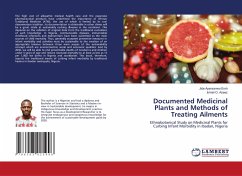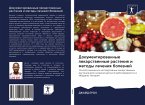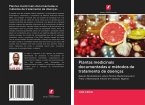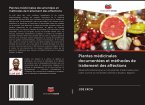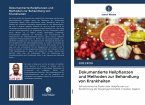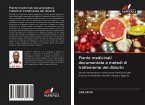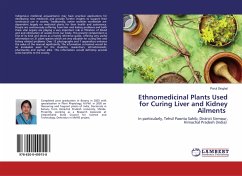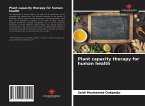The high cost of allopathic medical health care and the expensive pharmaceutical products have underlined the importance of African Traditional Medicine (ATM), the use of which is limited by its oral dissemination tradition. Its documentation is obtainable in other climes will be a great stride at sustainably curbing illnesses in the continent. This depends on the collation of original data from the traditional custodians of such knowledge. In Nigeria, communicable diseases, immunizable childhood infections and malnutrition have been submitted as the main sources of child mortality. Thus, generally accepted preventive measures in infant morbidity and activities must be sustainable to the creation of an appropriate balance between three main scopes of the sustainability concept which are environmental, social and economic qualities. And by 2030, we will be able to end preventable deaths of newborns and children under 5 years of age and reduce neonatal mortality to at least as low as 12 per 1,000 live births in Nigeria and worldwide. This book, therefore, reports the traditional means of curbing infant morbidity by traditional healers in Ibadan metropolis, Nigeria.
Bitte wählen Sie Ihr Anliegen aus.
Rechnungen
Retourenschein anfordern
Bestellstatus
Storno

